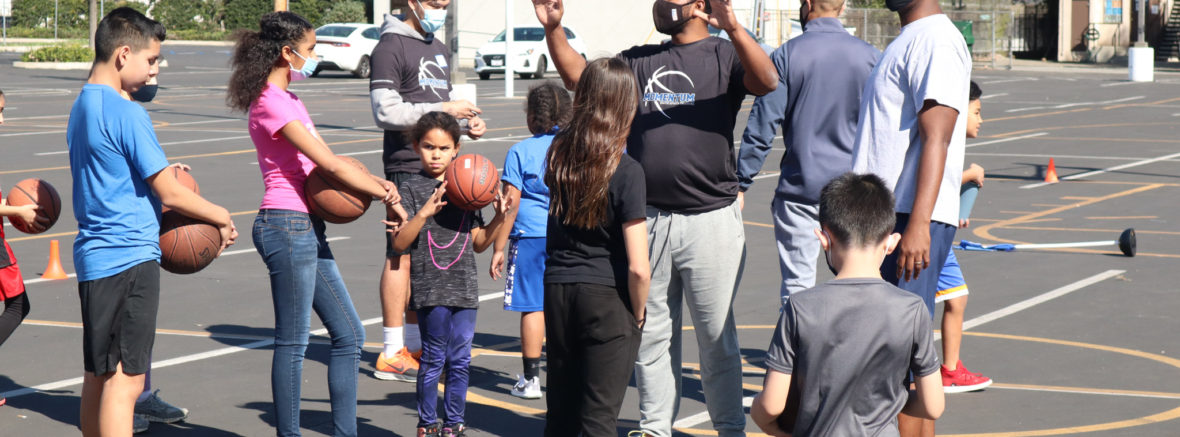Sports parents have a reputation, and it isn’t good. From “Hoosiers” to “Bad Parents,” they are portrayed as overbearing and undue pressure on their child athlete. Art imitates life in this sense – this type of behavior generally does not bring out kids’ best performance. It’s not difficult to understand why. From the beginning of their child’s life, parents make it their responsibility to make sure their child is ready for success. For some parents, a sporting atmosphere is the first time they can’t fix things for their children, which can be stressful. Every sports parent doesn’t have to fill that stereotype.
4 Ways To Easy Sports Parenting Stress
1. Don’t Blur the Parent/Coach Line:
Let’s say you’re at work leading a seminar. Things are going well until one of your coworkers stands next to you and begins offering asides to your instruction or even contradicting it right there in front of you. Would that be all right with you? Almost no one would answer in the affirmative.
Yet, coaches are often exposed to this behavior from parents while trying to teach their children. How many times have you seen parents step up and interrupt the teaching process in this way? (Are you that parent? It’s OK. That’s why you’re reading this.) Not only does this put the coach in an awkward situation, but it can leave your child confused.
The best way to eliminate sports parenting stress is to not put yourself in that situation. Next time you’re tempted to interrupt, think about the work example. Then sit back and watch your child learn something new.
2. Don’t Force the Issue:
You played soccer. Your siblings played soccer. Your dad played soccer. Surely, then your child is destined to play soccer, right? Of course not. There are a balance parents need to strike in helping children discover their athletic talents. Sometimes, children can give up too soon on a hobby that has promise because of frustration. There’s potential for valuable lessons there. At the same time, parents also need to keep their own hopes for their child in check and ensure the child is enjoying the activity and not feeling familial pressure to participate.
3. Bring a Book to Practice:
Bring a book, your phone, or something else to do. This is especially true if you’re someone who likes to critique even the kids who aren’t your own. You need a distraction. Remember that there’s nothing you can say that’s helpful, short of a reminder to tie shoelaces. But the amount of harm you might unknowingly do with an errant comment isn’t worth it. Did you know that “Moby Dick” is nearly 400 pages?
4. Make Sure Your Child Has a Balanced Life Off-Court:
Even if you have a child who loves basketball and would play it all day if you let them, it’s a good idea to encourage other activities. Venus Williams, one of the best tennis players of her generation, has an interior design business. Peyton Manning has done voice acting on animated films. You can help your child maintain balance by managing their time and introducing other activities in their lives.
Youth sports can be stressful on kids, and as a parent, your job is to help make their athletic lives a little easier. But parents are human, too, and it’s not easy to overcome the urge to intervene on your child’s behalf in ways that aren’t helpful. As with your child’s various aspects, you can help set a positive example and ease your sports parenting stress.

